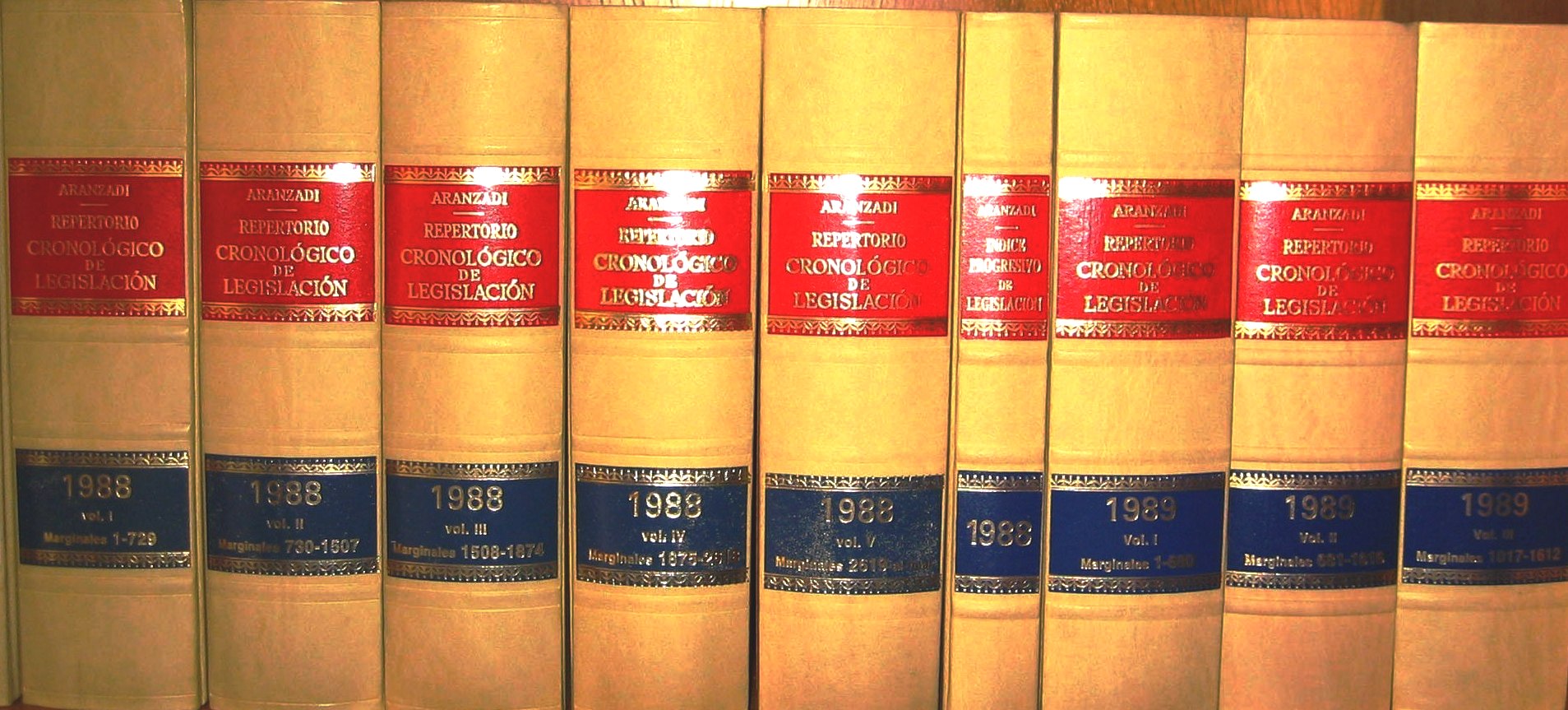Spain's painful stepback in renewables
We all still remember that in October 2011, King Juan Carlos and Sheikh Mohamed bin Zayed Al Nahyan, Crown Prince of Abu Dhabi and Deputy Commander in Chief of the armed forces of United Arab Emirates, sumptuously inaugurated the Gemasolar power plant in Fuentes de Andalucía (Seville), in a ceremony attended by more than 350 guests, including several members of the Royals of Abu Dhabi, and Ministers of the Governments of both countries. They were still times of wine and roses for renewable energies. Only two years and half after, cuts in the compensation of solar thermal energy facilities have led the Emirate of Abu Dhabi to take the Kingdom of Spain to court.
At a time when other countries bet on renewable energies and the percentage participation in the country's overall consumption has increased in a significant manner, the Spanish stepback is showing to be a wrong approach. Suits due to cuts in compensations payable to renewable energies are popping up like mushrooms. The last company in taking this conflictive step has been Masdar, a subsidiary of Mubadala Development Company, the sovereign Wealth Fund of the Emirate of Abu Dhabi.
Masdar Solar & Wind Cooperatief U. A., the Group company domiciled in the Netherlands, has filed last Tuesday a request for arbitration with the International Center for Settlement of Investment Disputes (ICSID), an institution of the World Bank in Washington.
Masdar Solar is partner in Sener Spain Torresol, a company devoted to the generation of solar thermal energy. It operates the Gemasolar plant, which technology is based on a central tower receiving and storing thermal energy in melted salts with a nominal power of 19.9 MW, which - according to company sources - can supply electricity to some 27,500 dwellings. Furthermore, Torresol also owns Valle 1 and Valle 2, two solar adjacent power plants using technology of parabolic collectors, located in San José del Valle (Cádiz). The total investment in these three plants is approaching the 1 billion figure.
Cuts in the compensation payable to renewable energies applied by the current Government have led foreign investors to sue Spain on the allegations of legal uncertainty and expropriation.
The Masdar claim is the fifth arbitration claim presented against Spain before the ICSID. Four of these five claims are due to the cuts to renewable energies and have been filed in recent months. The offensive before the ICSID began with the claims filed by RREEF and Antin, two large funds linked to Deutsche Bank and BNP. They were followed by the British Fund Eiser Infrastructure and now by Masdar. Thus, Spain has passed to be one of the countries with a higher number of cases pending before the ICSID, closely following Venezuela, Argentina, Egypt, Hungary and Peru, and at the same level as Turkmenistan and Uzbekistan. Spain has also received similar demands in other arbitration courts. In the majority of cases, the violation of the Energy Charter Treaty was alleged.
Even the Royal Canadian Mounted Police is involved in the avalanche of lawsuits against Spain geared by its power reforms. Spain is already the country with more litigation in the records of disputes based on the breach of the Energy Charter, the main multilateral treaty in the field. Among the latest registered demands is the request for arbitration filed by a joint venture of Isolux and PSP Investment, the staff pension fund including the army and the Royal canadian Mounted Police, which manages more than 76 billion Canadian dollars (52 billion euros) in assets.
Back to read more reports
